The second of the brainstorming conferences of AVIM has been held on Wednesday, April 24 at ANKUSEV. The moderator of the conference, to which Honorary President of AVIM, Ret. Ambassador Ömer Engin Lütem made the opening speech, was AVIM Director Ret. Ambassador Alev Kılıç. The keynote speaker was Prof. Dr. Kemal Çiçek, accompanied by Prof. Dr. Ömer Turan with his comments and observations and Dr. Cavid Veliev representing the Azerbaijani Institute for Strategic Research. It has been indicated in the conference that academicians and researchers working in the area of Armenian studies in light of their publications could be categorized within a certain classification. In terms of this novel classification, the seven categories were depicted as: those supporting the events as genocide with rigidity and no flexibility, those claiming it was genocide although lacking intention, those reinterpreting the events from its origins (constructivists), the liberals who defend that the genocide thesis has remained weak due to evidence being selective, tailored or falsified, but that massacres have taken place, groups who argue that the Turks have never conducted acts in any way that can be construed as genocide, those defending that the nationalist ideology of the Committee of Union and Progress is at the basis of this past tragedy and finally, those being able to approach historical facts and documents from two perspectives. It has been expressed that regarding the issue of the First World War events being researched, examined and made an instrument of propaganda, almost a 60 year difference existed between the Armenians, Armenian instigators and the Turks. It has been emphasized that Turkey’s works on this issue have not yet been able to fill this time gap, that particularly the youth and young academicians are faced with important tasks while historians in particular have a great responsibility, and that despite all efforts of goodwill not enough have been done yet. It has also been underlined that publications in this area need to be reinforced. Turkish-Armenian relations and Azerbaijan’s stance on the international genocide allegations have also been addressed in the conference. It has been indicated that while relations with Armenia continued in Azerbaijan during the USSR period, stagnation was experienced in Turkey on this issue and the memories of the Azerbaijanis concerning the Armenians were refreshened everyday. During the Q and A session, some in the audience have said that determined steps on the Armenian issue have not been taken in Turkey, Azerbaijan has been left to face the Armenian Diaspora, and that the occupation of Karabakh originates from a lack of propaganda. It has been put forth that since the beginning of the 2000’s, Turkey’s approach towards the Armenian issue has also started changing, but in the same period Azerbaijan has started conducting a more proactive policy, and eventually the resolutions adopted by international organizations, despite all efforts of the Armenians, have reflected an advantage for Azerbaijan. It has been expressed that the policy pursued by Azerbaijan, especially regarding the Khojaly events being introduced as genocide, has been successful from many aspects. It has been argued that Azerbaijan approaches this matter with the consciousness that this is a propaganda war, while Turkey’s approach has been different and even passive. It has been said that further improvement of this situation can be possible through reinforced academic works and research. Views that confining the issue only to discussions on “genocide” will not be beneficial have also been presented. It was mentioned that the issue has just recently started being discussed from a legal aspect, but it has also been underlined that the Armenians have not resorted to this option in any meaningful way until now, because they are aware that they will not be able to receive positive results from legal or judicial means.
© 2009-2025 Center for Eurasian Studies (AVİM) All Rights Reserved
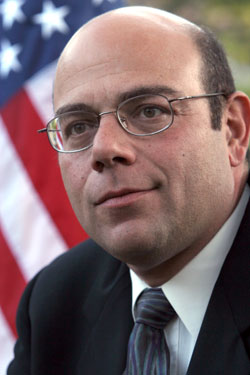 ARMENIAN-KURDISH COALITION IN SYRIA: TURCOPHOBIA FUELS THE HOSTILE FEELINGS OF SOME ILL-MINDED ARMENIAN NATIONALISTS
ARMENIAN-KURDISH COALITION IN SYRIA: TURCOPHOBIA FUELS THE HOSTILE FEELINGS OF SOME ILL-MINDED ARMENIAN NATIONALISTS
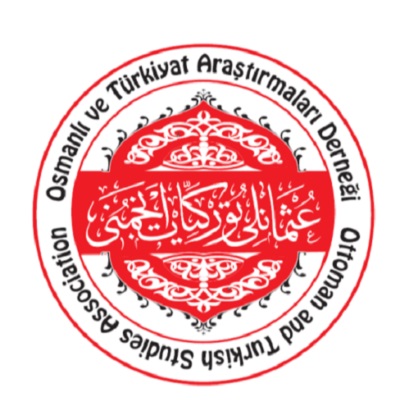 RENEWED ATTEMPTS OF THE CURRENT OTSA ADMINISTRATION TO REMOVE THE NAMES OF FUAT KÖPRÜLÜ AND HALİDE EDİP ADIVAR FROM THE OTSA AWARDS
RENEWED ATTEMPTS OF THE CURRENT OTSA ADMINISTRATION TO REMOVE THE NAMES OF FUAT KÖPRÜLÜ AND HALİDE EDİP ADIVAR FROM THE OTSA AWARDS
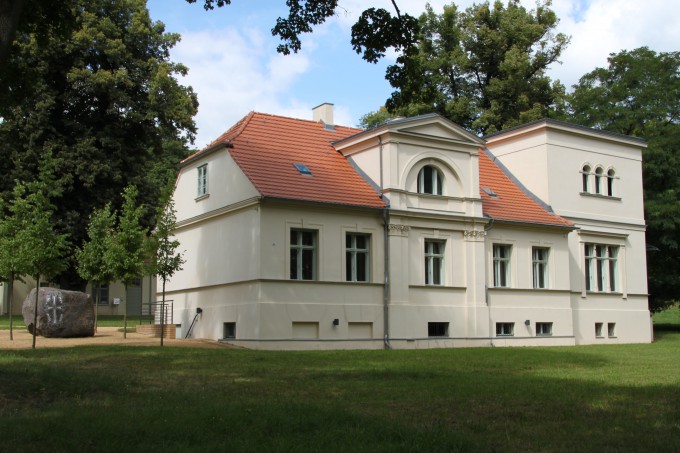 TWO STATEMENTS REGARDING 10TH WATS MEETING
TWO STATEMENTS REGARDING 10TH WATS MEETING
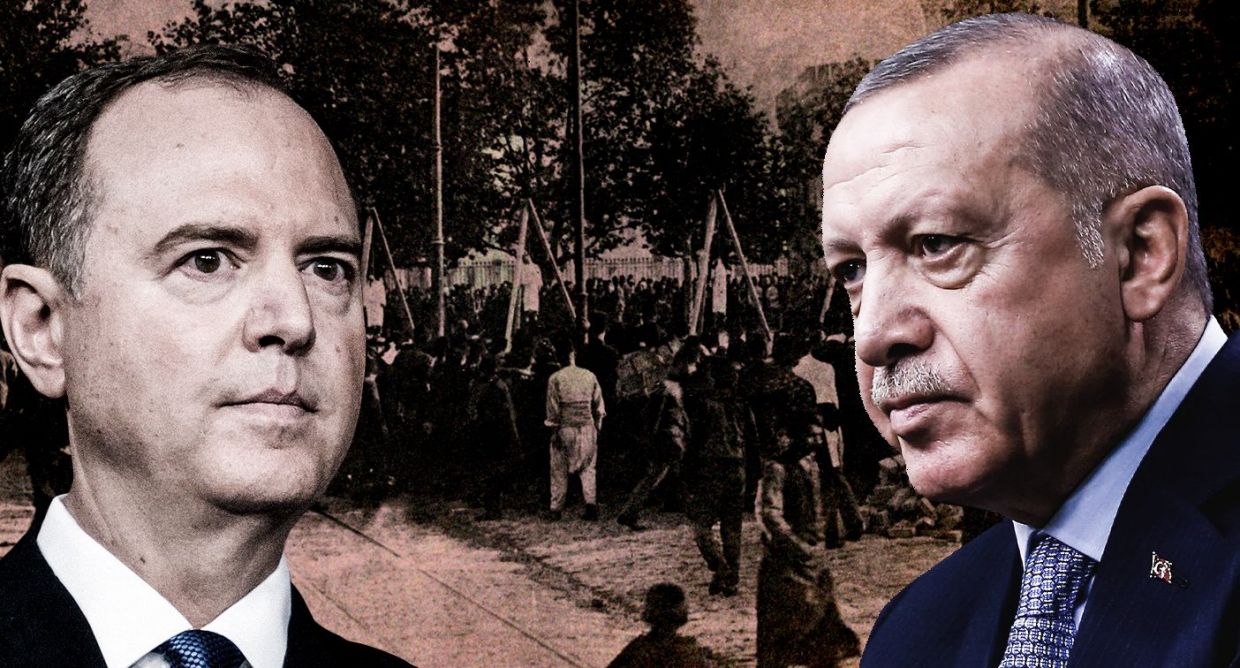 THE TROJAN HORSE IN THE US
THE TROJAN HORSE IN THE US
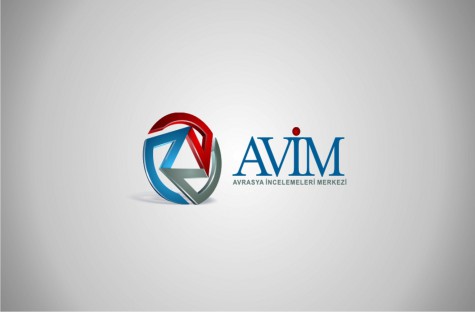 ASALA WANTS TO HAVE A SAY IN ARMENIAN POLITICS
ASALA WANTS TO HAVE A SAY IN ARMENIAN POLITICS
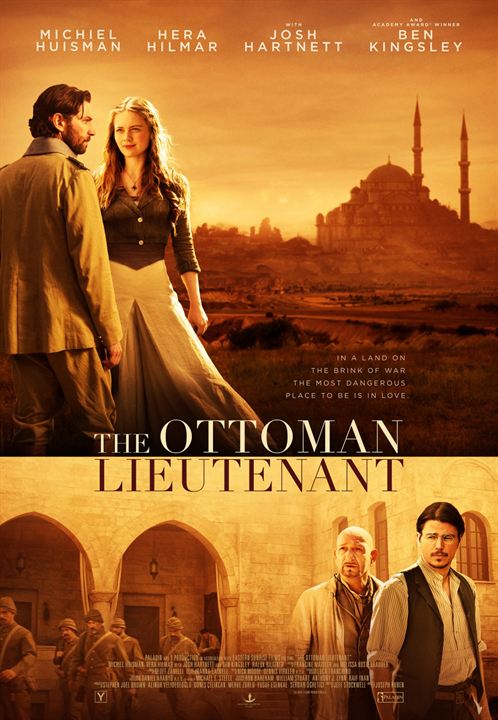 THE ANNOYANCE FELT BY ANCA TOWARDS “OTTOMAN LIEUTENANT”
THE ANNOYANCE FELT BY ANCA TOWARDS “OTTOMAN LIEUTENANT”
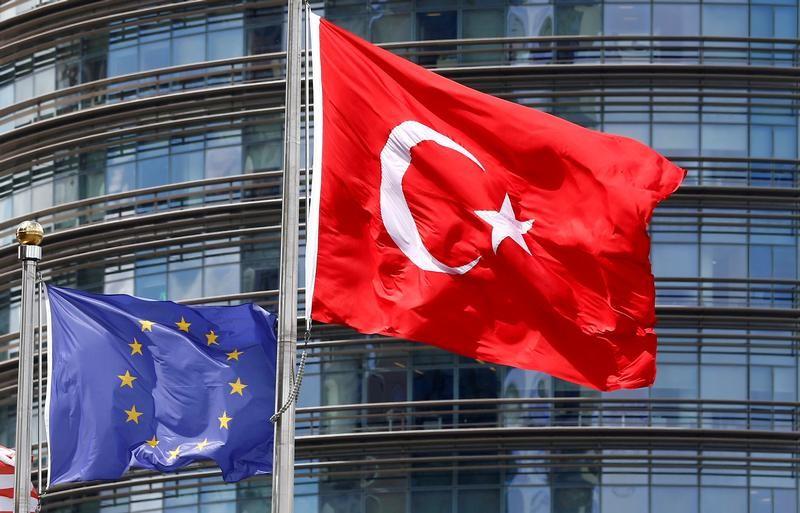 THE DECISION OF THE EUROPEAN PARLIAMENT ON TURKEY’S ACCESSION PROCESS: ADVICE FOR WHAT PURPOSE?
THE DECISION OF THE EUROPEAN PARLIAMENT ON TURKEY’S ACCESSION PROCESS: ADVICE FOR WHAT PURPOSE?




























